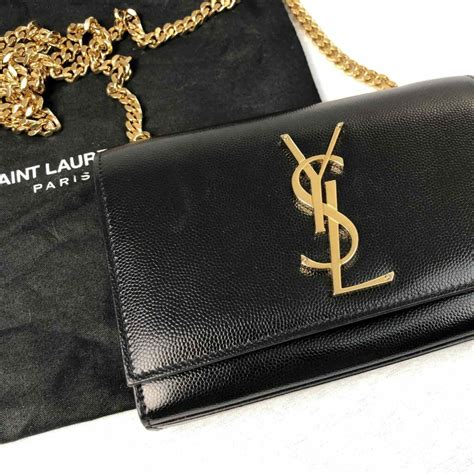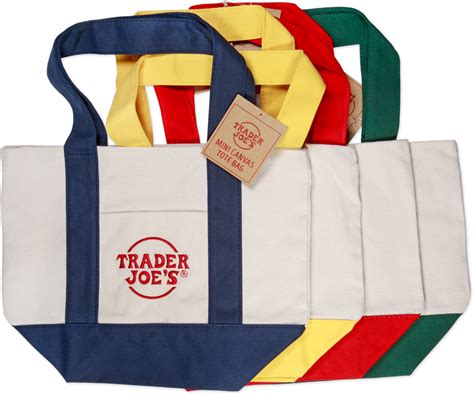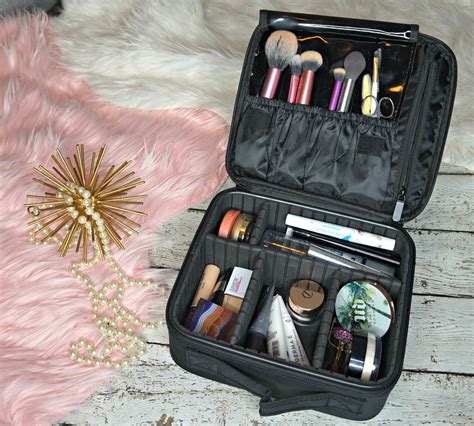ysl iphone case 11 | saint laurent iPhone 14 case
$175.00
In stock
The YSL iPhone 11 case: a coveted accessory that speaks volumes about personal style. More than just a protective layer for your phone, it's a statement piece, a miniature work of art bearing the iconic YSL logo. But in today's world, style alone isn't enough. Consumers are increasingly demanding transparency and responsibility from the brands they support. This means considering not just the aesthetics of a product, but also its environmental impact and the ethical treatment of the people involved in its creation.
While the specific details of the YSL iPhone 11 case's manufacturing process aren't always readily available to the public, we can explore the broader trends within the luxury goods industry, and Saint Laurent (YSL) in particular, to understand the potential for incorporating sustainable and ethical practices. We'll also delve into the alternatives available, including focusing on YSL's commitment to similar principles in newer product lines like the YSL iPhone 14 case and YSL iPhone 15 case, as well as exploring related accessories such as the YSL phone holder with strap and the broader category of YSL phone case options. This exploration will shed light on how you can make conscious choices when selecting your next luxury phone accessory.
The Allure of the YSL iPhone 11 Case: A Timeless Icon
The YSL, or Yves Saint Laurent, brand is synonymous with luxury, sophistication, and cutting-edge design. The iconic "YSL" logo, often referred to as the Cassandre logo after its creator, is instantly recognizable and elevates any item it adorns. When applied to an iPhone case, it transforms a practical accessory into a fashion statement.
The YSL iPhone 11 case, typically crafted from leather, metal, or a combination of materials, offered a sleek and stylish way to protect your device. The design aesthetic often leaned towards minimalist elegance, allowing the YSL logo to take center stage. The cases were available in a range of colors and finishes, allowing consumers to express their individual style.
However, the allure of luxury comes with a responsibility. Consumers are increasingly aware of the potential environmental and social impact of their purchases. This awareness is driving a demand for brands to adopt more sustainable and ethical practices.
The Challenge of Sustainability in Luxury Goods
The luxury goods industry, by its very nature, often relies on resource-intensive materials and complex manufacturing processes. Traditional leather production, for example, can have significant environmental consequences due to the use of harmful chemicals in tanning and the potential for deforestation associated with cattle ranching. Similarly, the extraction of raw materials for metal components can be environmentally damaging.
Furthermore, the fast-fashion cycle, even within the luxury segment, can contribute to waste and overconsumption. The constant release of new designs and collections can pressure consumers to replace older items, even if they are still functional.
Saint Laurent's (YSL) Commitment to Responsibility (and Where It Could Be Improved)
While specific details about the YSL iPhone 11 case production remain limited, Saint Laurent, as a brand under the Kering Group, has made public commitments to sustainability and ethical sourcing. Kering, a leading luxury group that owns brands like Gucci, Balenciaga, and Saint Laurent, has implemented various initiatives to reduce its environmental impact and promote responsible labor practices.
These initiatives include:
* Reducing environmental footprint: Kering has set targets for reducing its greenhouse gas emissions, water consumption, and waste generation. This includes investing in more efficient manufacturing processes and exploring alternative materials.
* Sustainable sourcing: Kering is committed to sourcing its raw materials responsibly, ensuring that they are produced in an environmentally and socially responsible manner. This includes working with suppliers to improve their practices and promoting traceability throughout the supply chain.
* Worker rights: Kering is committed to protecting the rights and health of workers in its supply chain. This includes ensuring fair wages, safe working conditions, and freedom of association. They conduct audits of their suppliers to ensure compliance with these standards.
* Promoting circularity: Kering is exploring ways to extend the life of its products and reduce waste. This includes offering repair services and promoting the use of recycled materials.
However, it's important to note that progress towards sustainability and ethical practices is an ongoing journey. Even with these commitments, there is always room for improvement. Transparency is crucial, and consumers should demand more information about the specific practices used in the production of individual products, including accessories like the YSL iPhone 11 case.
What to Look For in a Sustainable and Ethical Phone Case
When choosing a phone case, consider the following factors to make a more conscious purchase:
* Materials: Look for cases made from sustainable materials such as recycled plastic, plant-based materials (e.g., bamboo, cork), or responsibly sourced leather.
* Manufacturing process: Inquire about the manufacturing process and whether it uses chemicals safer for human health and the environment.ysl iphone case 11
* Worker rights: Support brands that prioritize fair labor practices and ensure the well-being of workers in their supply chain.
* Durability: Choose a durable case that will last longer, reducing the need for frequent replacements.
* Repairability: Consider cases that can be easily repaired if damaged.
* End-of-life: Look for cases that can be recycled or composted at the end of their life.
Additional information
| Dimensions | 7.7 × 4.1 × 2.9 in |
|---|









